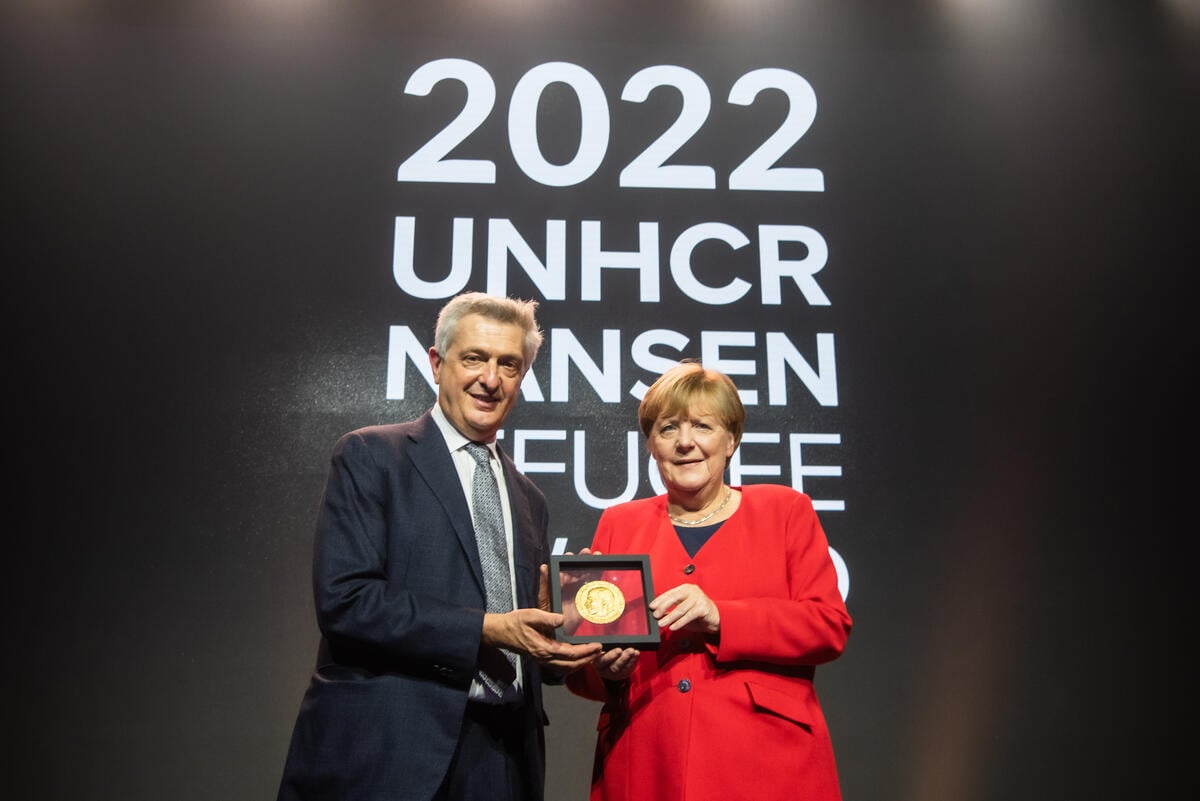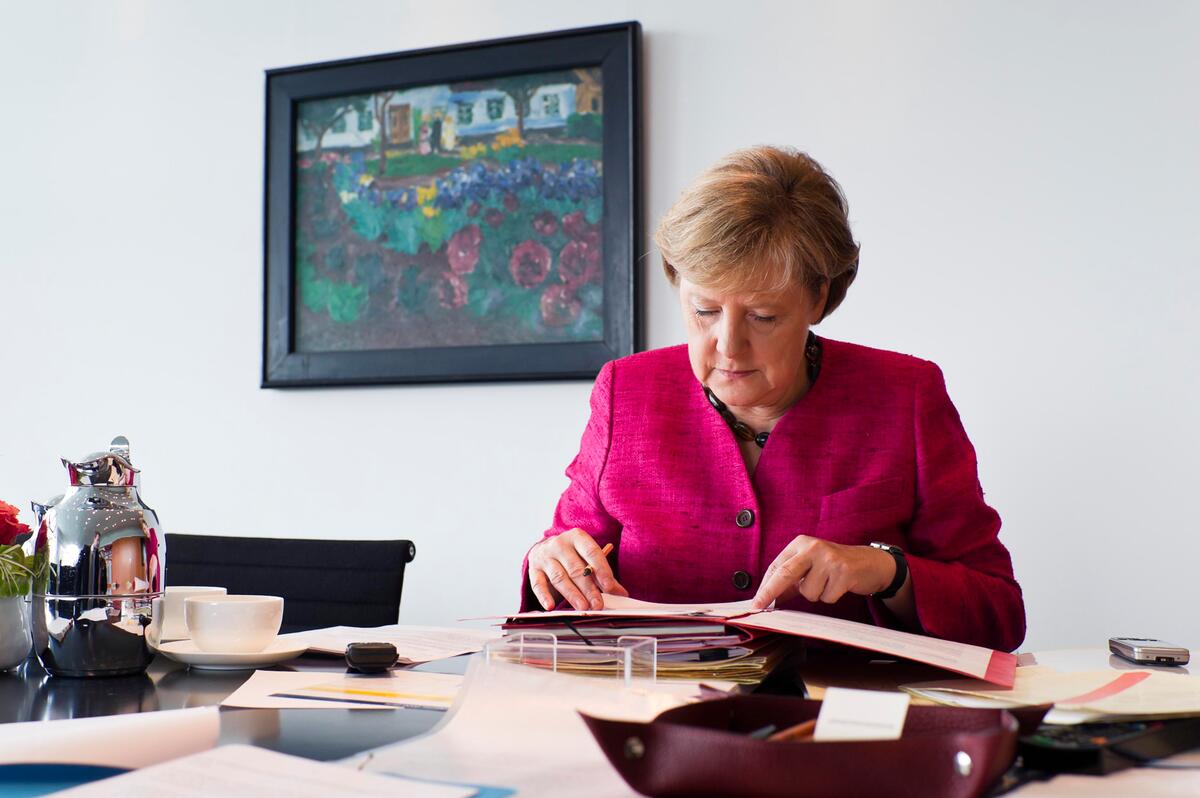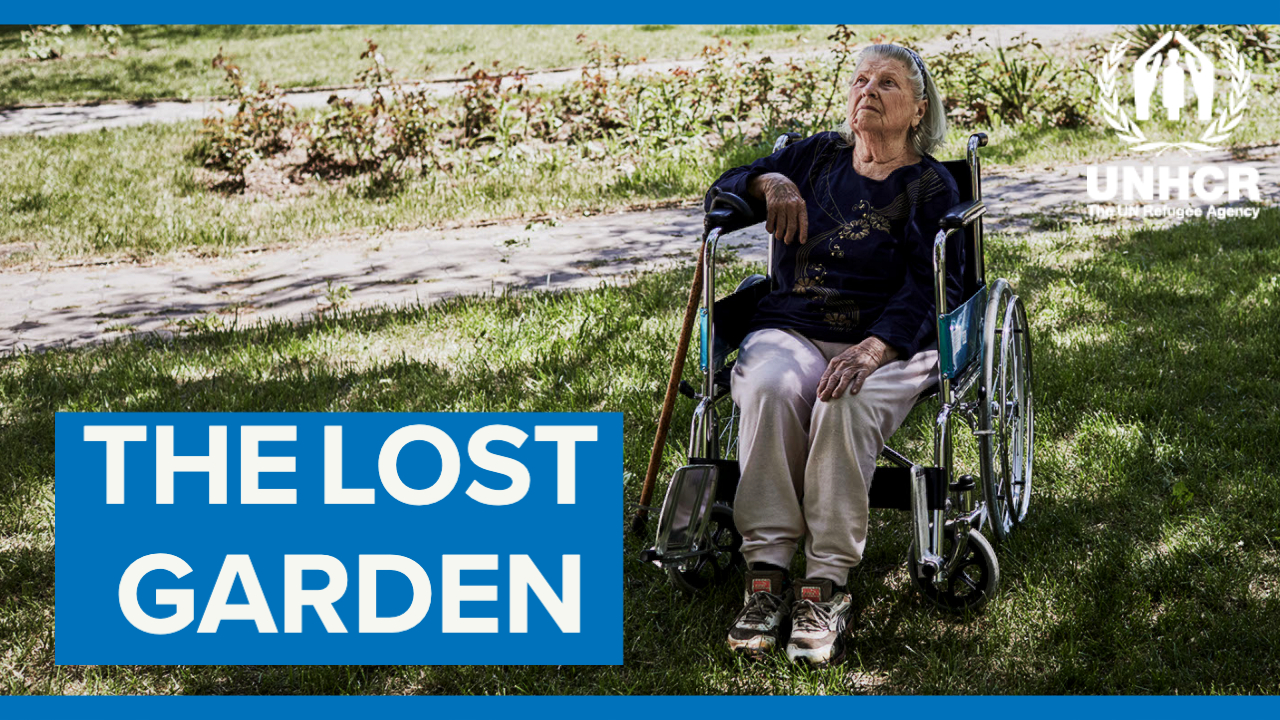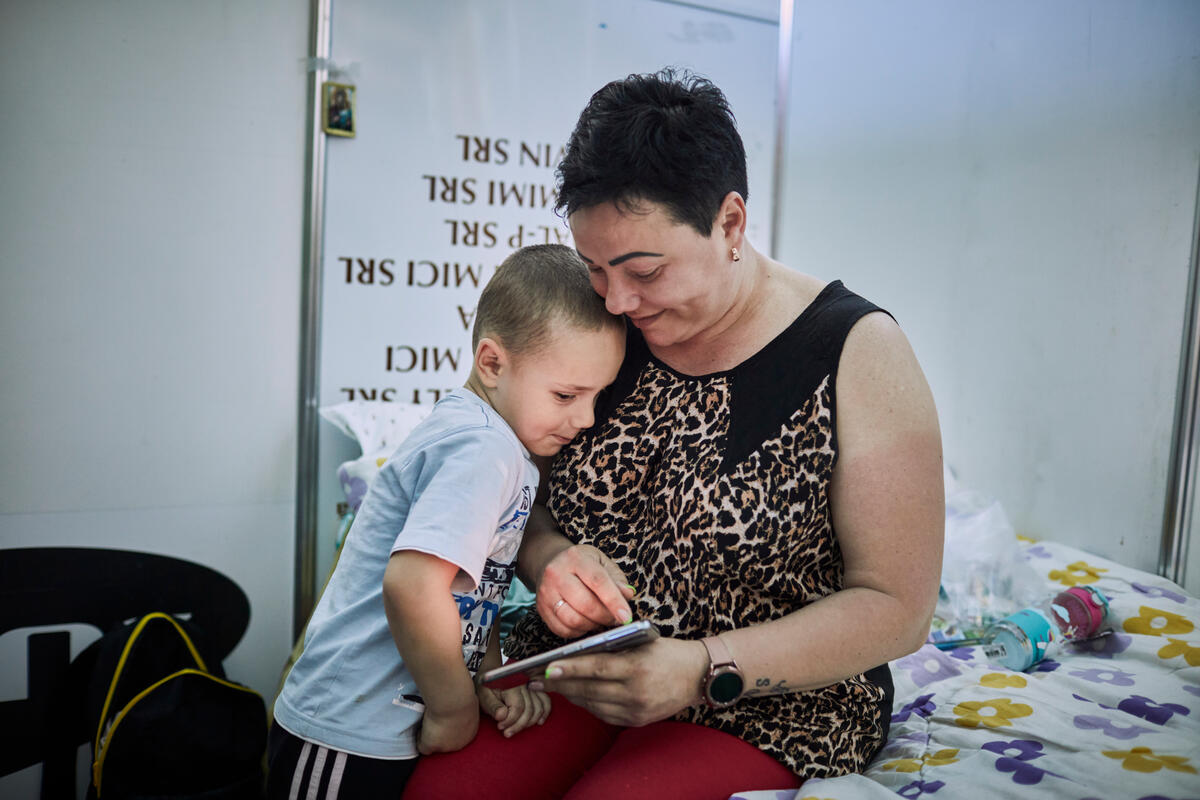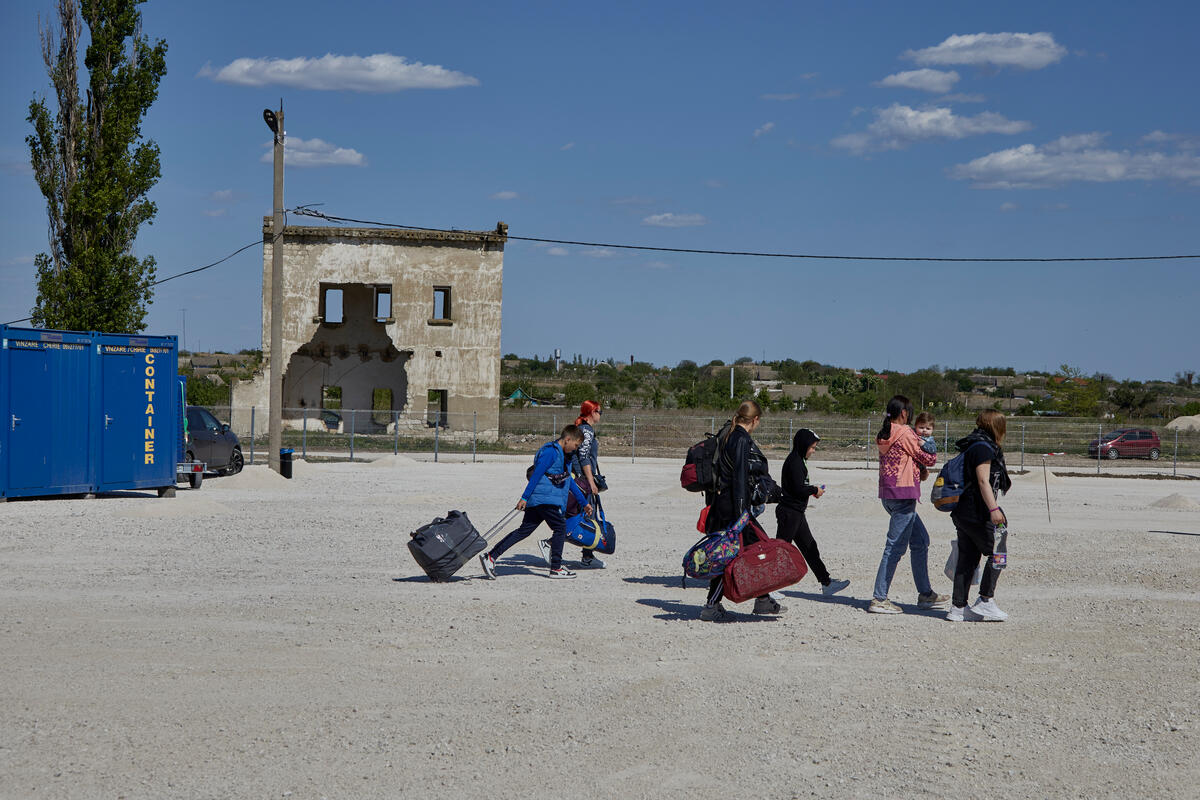Home at last for young refugees in Hungarian orphanage
Home at last for young refugees in Hungarian orphanage

FOT, Hungary, Feb 22 (UNHCR) - With its government calling for a "defensive line" against refugees, Hungary may seem heartless. But Haseebullah Sarwari-Said from Afghanistan and Hassan Shabna from Western Sahara have had a positive, if atypical experience here, having finally restarted their lives thanks to an orphanage near Budapest.
Both young men fled mortal danger at home, making arduous journeys through the Middle East and the Balkans before finally being taken into care in Hungary as unaccompanied children. "It's too dangerous, we can't go home," they both say.
At the age of 15, Haseebullah, the son of a rich landowner from Kunduz, saw the Taliban kill his uncle and brother. Hassan, a Berber who grew up herding goats, was picked out to be killed in a blood vendetta between his relatives and another local family. Now 23, the young men are like brothers, sharing the unusual fate of having found sanctuary in Hungary.
Their story shows that although Hungary has harsh and restrictive policies for refugees, there are some that stay there and build new lives. It also challenges the perception that young Muslim men without families always mean trouble for European society.
The Hungarian government, which last year ordered the construction of fences on the borders with Serbia and Croatia, has played on popular fears. A press campaign that suggested refugees raised the risk of terrorism prompted a rebuke from the UNHCR.
However, the criticism fell on deaf ears in Budapest and policies that began in Hungary now look likely to be adopted by Poland, the Czech Republic and Slovakia as well.
At a joint press conference with visiting Polish Prime Minister Beata Szydlo earlier this month, Hungary's Prime Minister Viktor Orbán called for a "defensive line" through the Balkans and Central Europe to hold back refugees and migrants trying to reach the EU.
Nearly half a million people crossed through Hungarian territory at the height of the refugee crisis last summer but although 177,000 were registered here, just 500 have been granted asylum. Over 1,000 are in detention for illegal border crossing and likely to be deported.

Haseebullah and Hassan are lucky, having arrived ahead of the wave of refugees and migrants that sought sanctuary in Europe last year. Both of them have had time to complete their schooling, enter higher education and integrate into Hungarian society.
In the town of Fot outside Budapest, the Karolyi Istvan Children's Centre sits in the grounds of an old noble estate. During Hungary's Communist days, it housed hundreds of Hungarian orphans. Now it takes young offenders, handicapped kids and unaccompanied migrant children.
"We give them maximum independence," says Peter Vamosi, director of an aftercare service for graduates of the orphanage. "I am at the boys' service if they need me but I don't interfere in their private lives."
Over the course of four years, 4,000 underage migrants have passed through this centre, with 2,460 in the last year alone. Most move on to Austria or Germany, but about 100 have chosen to stay in Hungary, including Haseebullah and Hassan.
"At first, we lived in tents in a camp at a place called Bicske," says Hassan. "We got back into school there and two local teachers, they really helped us with our Hungarian. I stayed because of the kindness of these people, encouraging us to learn and everything." Thanks to their support, he is now studying to be a physiotherapist.
Haseebullah, who hopes to be an electrician, has integrated even further into Hungarian society by marrying a Hungarian girl. Sadly, he has lost touch with his parents back in Afghanistan, who paid people smugglers to get him out to safety. "They would be glad if they could see me now," he says. "They wanted me to have a life."
By Helen Womack in Hungary

